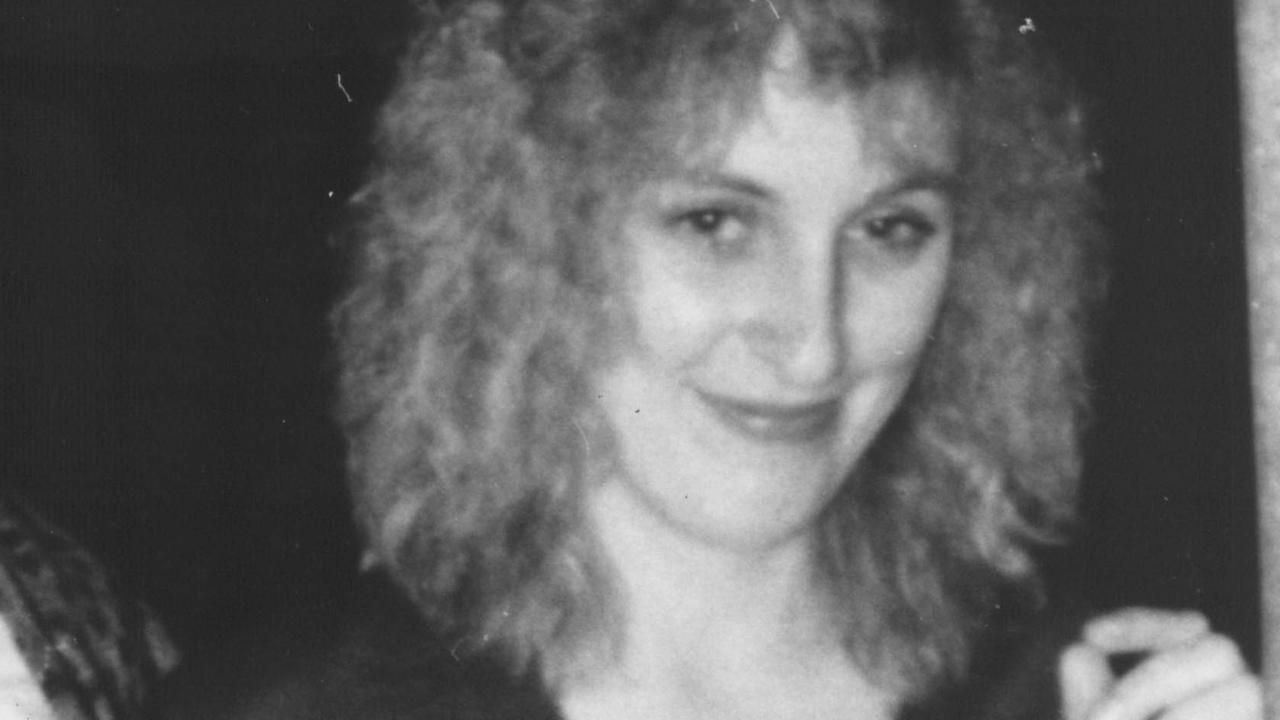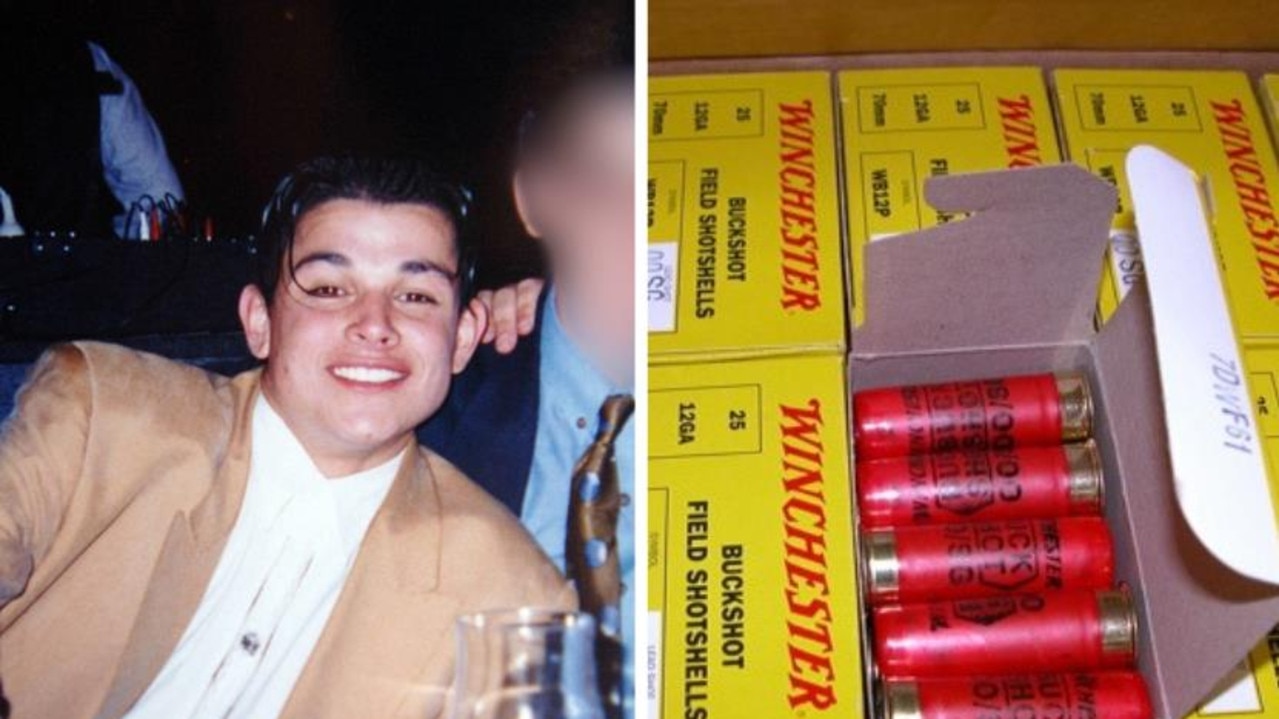How Australian Border Force seized criminals’ dirty money in luxury handbags, booze, iPhones
Australian Border Force has revealed how they discovered crime gangs’ new ways of getting millions across the world. See the exclusive video.
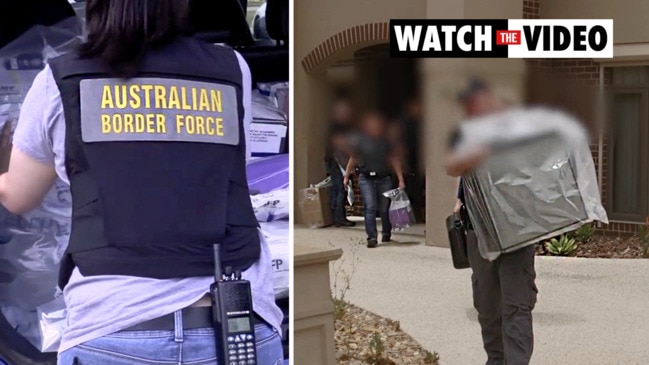
Behind the Scenes
Don't miss out on the headlines from Behind the Scenes. Followed categories will be added to My News.
Exclusive: When Australian Border Force officials came across a haul of Louis Vuitton, Hermes and Chanel handbags, they presumed it was just another case of the world’s most counterfeited brands set for boot sales and flea markets.
But the haul was found to be genuine stock purchased in Australia with dirty money suspected to have come from the sale of drugs. The goods were being exported to Asia where they would be onsold for “clean” money.
“We went in thinking it was a counterfeit goods racket and it ended being legitimate goods,” Australian Border Force Border Related Financial Crimes Unit boss Superintendent Paul Barfoot said.
“We had to ask ourselves ‘why would someone purchase goods like that in Australia and export them to somewhere like Hong Kong where surely they are cheaper?’
“Then you uncover the use of high end handbags to transfer the value offshore.
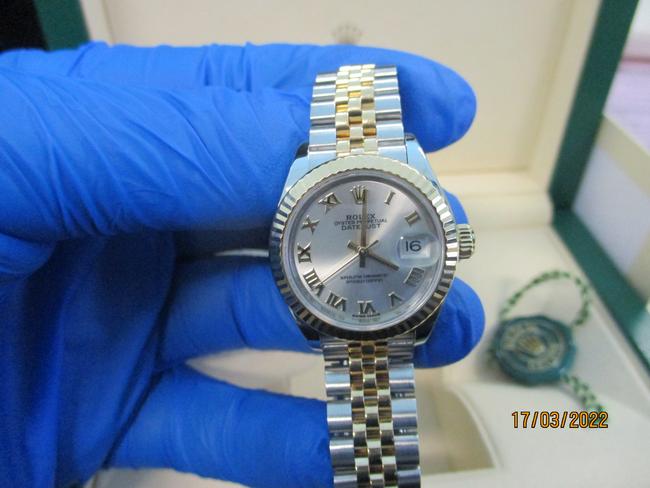
“They were legitimate but we were able to trace back to a network that was using proceeds of crime to buy the goods then send the goods offshore as a legitimate export.
“They were reported correctly and described correctly, valued correctly but they were transferring the proceeds of crime offshore.
“That’s classic trade-based money laundering activity.”
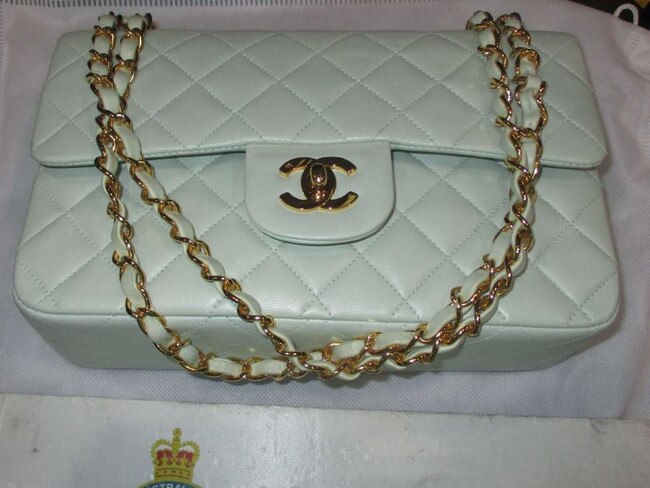
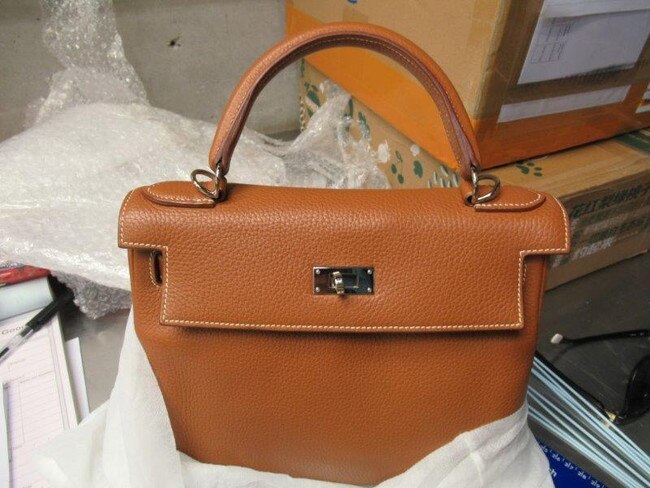
Trade-based money laundering is the easiest way to move bulk money in the millions of dollars to avoid scrutiny from authorities or the banks.
Even cryptocurrency still has to be withdrawn in hard cash at some point and then it is funnelled into trade to disguise its original source.
There are five key ways this is being done.
The most popular is buying luxury items such as handbags and watches for export and resale. Generating “ghost” invoices for goods that are never moved is another method.
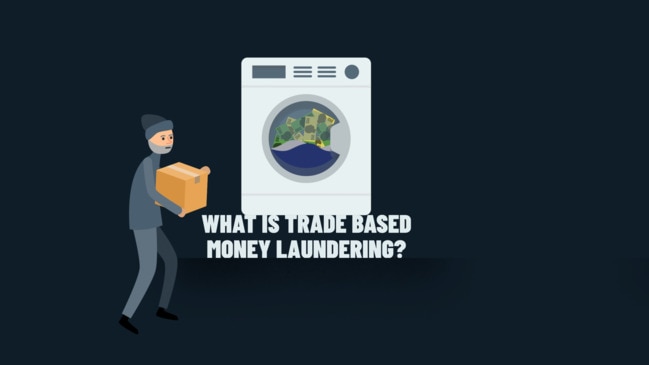
Then there is “carouselling”, where duty refunds are claimed for items such alcohol where the same goods are moved back and forth, and in and out of the country.
The purchase of luxury properties is also used, as is having multiple people make small denomination deposits multiple times.
A raid on two warehouses in Melbourne earlier this year allegedly uncovered a plot to defraud the Commonwealth of $250 million through carouselling.
That case is still being investigated.
“It is big and I think the transnational serious organised crime groups have all identified it as a methodology where they can have a reasonable approach to try to obfuscate what they are doing,” Supt Barfoot said.
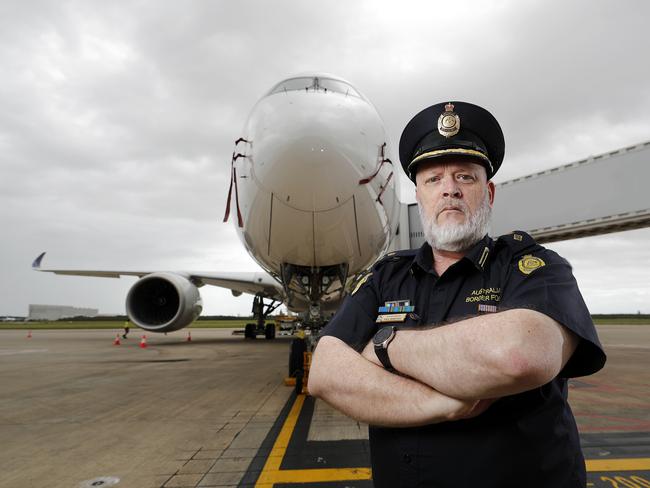
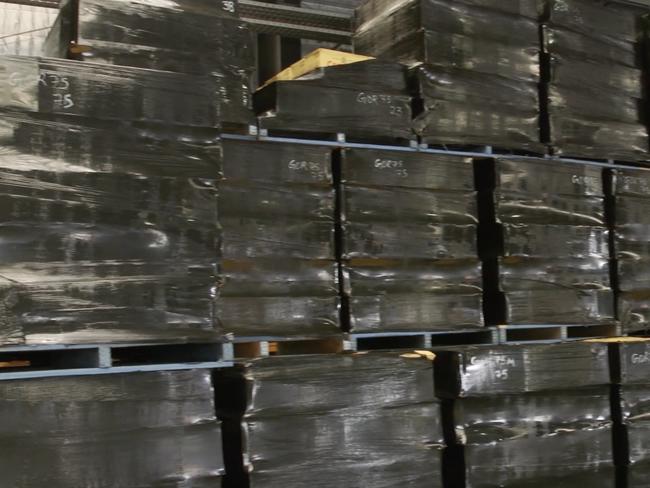
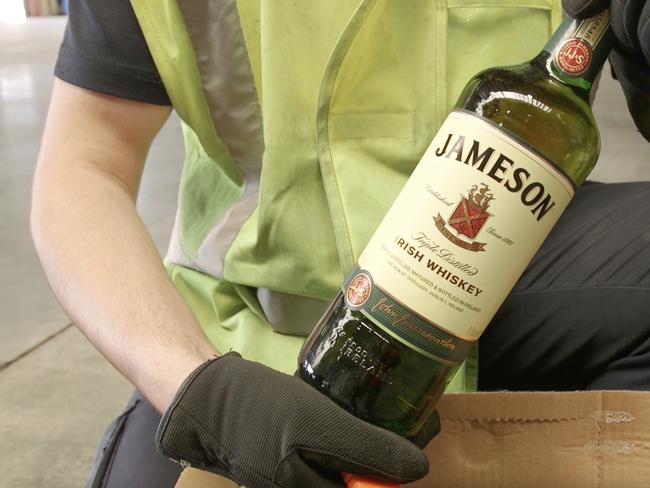
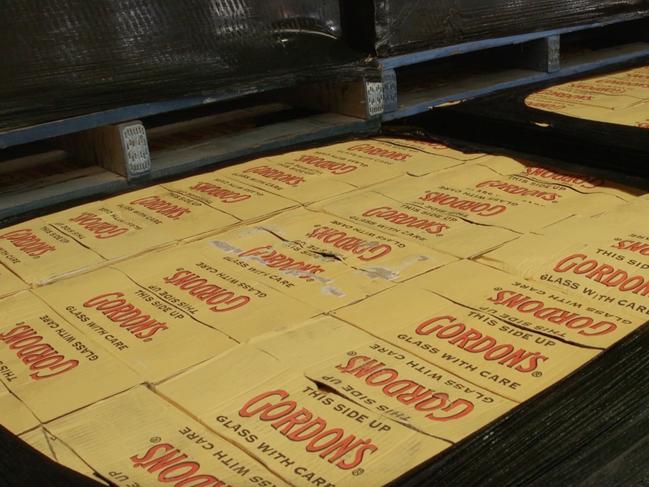
“It’s always been the case they adopt the method and we identify it and we try and shut it down and they will find another one.
“This one has been under the surface for sometime but is certainly getting a lot of attention now by us and the international law enforcement community and the customs agencies.”
Supt Barfoot said it was hard to quantify the value of the money laundering trade but the Australian Criminal Intelligence Commission (ACIC) earlier this month revealed it estimated serious organised crime cost more than $60 billion a year including $44 billion in direct losses with 70 per cent of Australia’s “criminal threats” based or linked offshore.
In one instance the ACIC – under Operation Phobeter – worked with the US Department of Homeland Security to track a money-laundering operation in Sydney with four search warrants by the NSW Police State Crime Command uncovering cryptocurrency teller machines, $4.7 million in cash and laptops, USB and mobile phones carrying a trove of intelligence about money movements through the United States.
Former NSW State Crime Command boss Assistant Commissioner Stuart Smith, now regional commander for South West Metropolitan Region, said the growth of professional money launderers was big because the profits on drugs were so huge and had to be disguised.
“In terms of growth, crypto currency is the future of money laundering in this country,” Asst Comm Smith said.
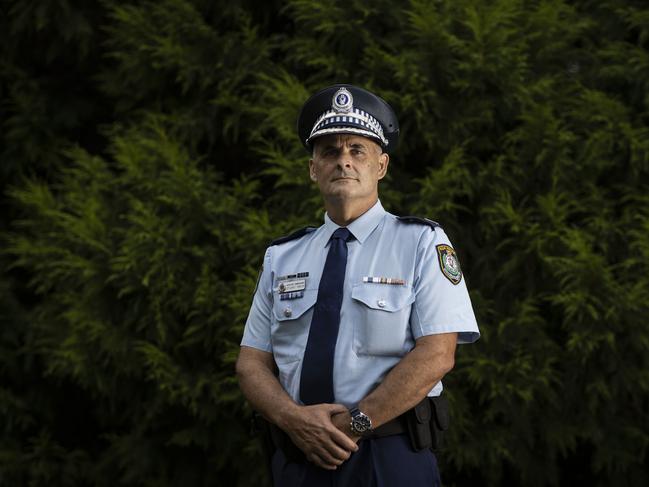
“It’s just where it is going and it is that market share that is a criminal business on its own. “There are sophisticated laundering groups where that is their business, they don’t deal in any other business or dabble in any other crime they’re just dabbling in organised crimes money that was in the old days stuck in walls and roofs or through SP bookies.
“No-one wants that risk anymore. They had been predominantly Chinese gangs but a lot of mixed gangs now … it includes channelling the money through mainland China which is then dispersed out into the world.”
A US Homeland Security Investigations officer, who works closely with Australian authorities and speaking on condition of anonymity, said Australian gang often use “smurfs”, or teams of people, to upload money into a virtual currency multiple times to put the money back into the international banking system to transfer to the US. It is then withdrawn there and converted as a trade into goods to sell and ultimately pay off the Mexico-based Sinaloa Cartel who prepared cocaine haul for Australia.
“It all has to be masked in international trade otherwise it is super obvious and sticks out,” he said.
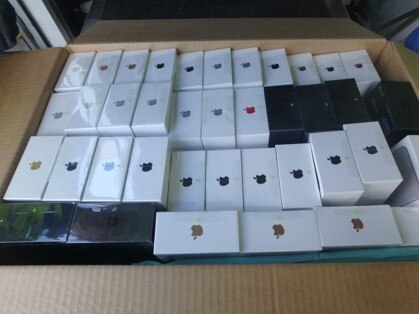
“People used to talk about gold smuggling, you are never going to be able to smuggle enough gold bars to make up for the amount of money you can actually move through say sneakers and garments, iPhone and recycled aluminium and stuff like that to move around the world. “And the more stops you make the harder it is for law enforcement to follow.”
Such has been the use of cryptocurrency in the money laundering schemes the AFP has in September formed a specific unit dedicated to its fight.
Australian and US intelligence has pointed to extensive property sales believed to have been from proceeds of crime to hide profits notably in Sydney, Melbourne, Los Angeles and London.
In some instances this would involve criminals here, buying properties overseas that would then be sold to launder the cash to pay overseas criminals for drug hauls. Or it could involve Australian criminals paying others a commission to buy properties in Australia to then “flip” in a quick sale.
“There are just a handful of ways to use global trade to launder money but within those ways like trade based money laundering, use you imagination, there are hundreds of ways,” the agent said.
More Coverage
Originally published as How Australian Border Force seized criminals’ dirty money in luxury handbags, booze, iPhones



